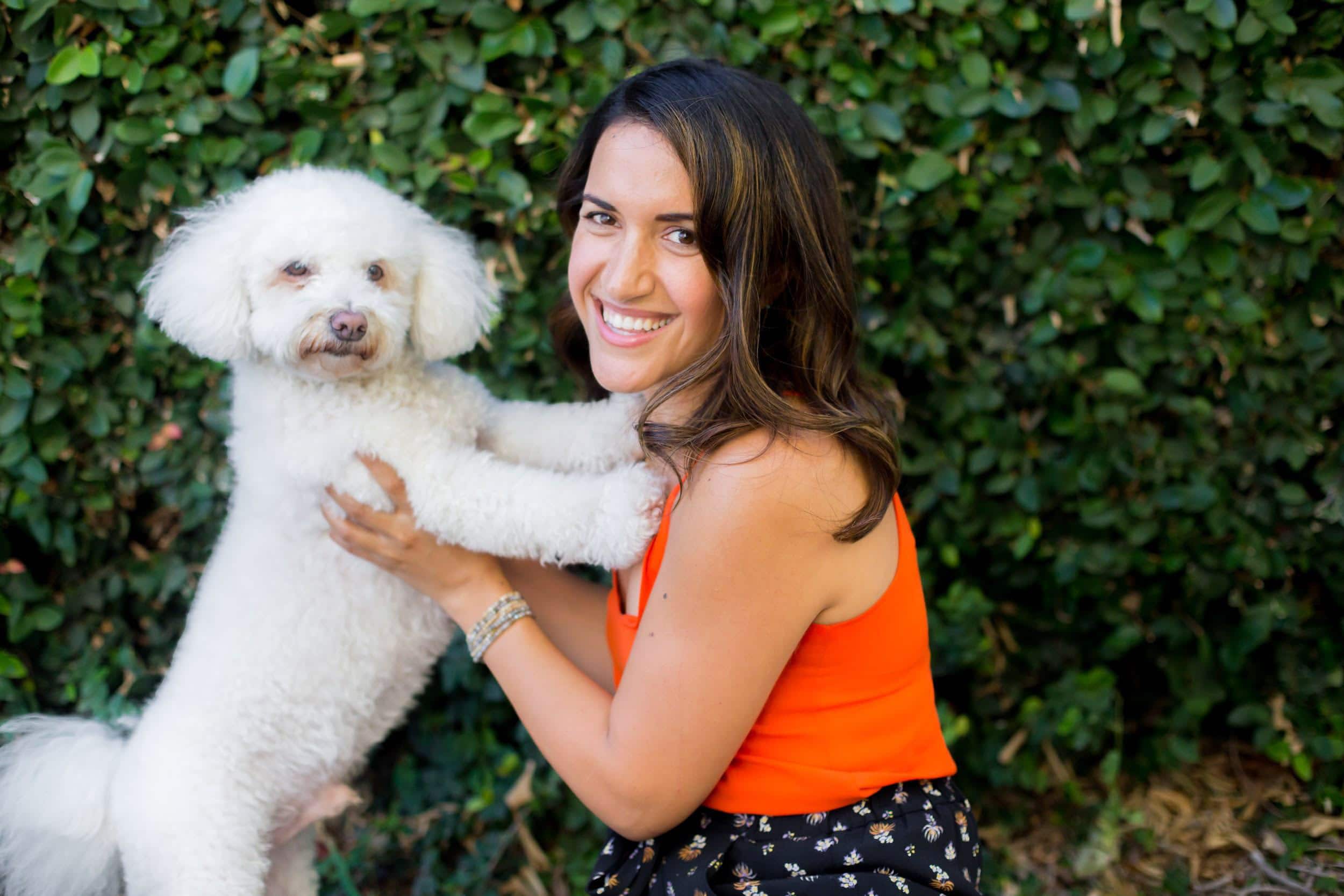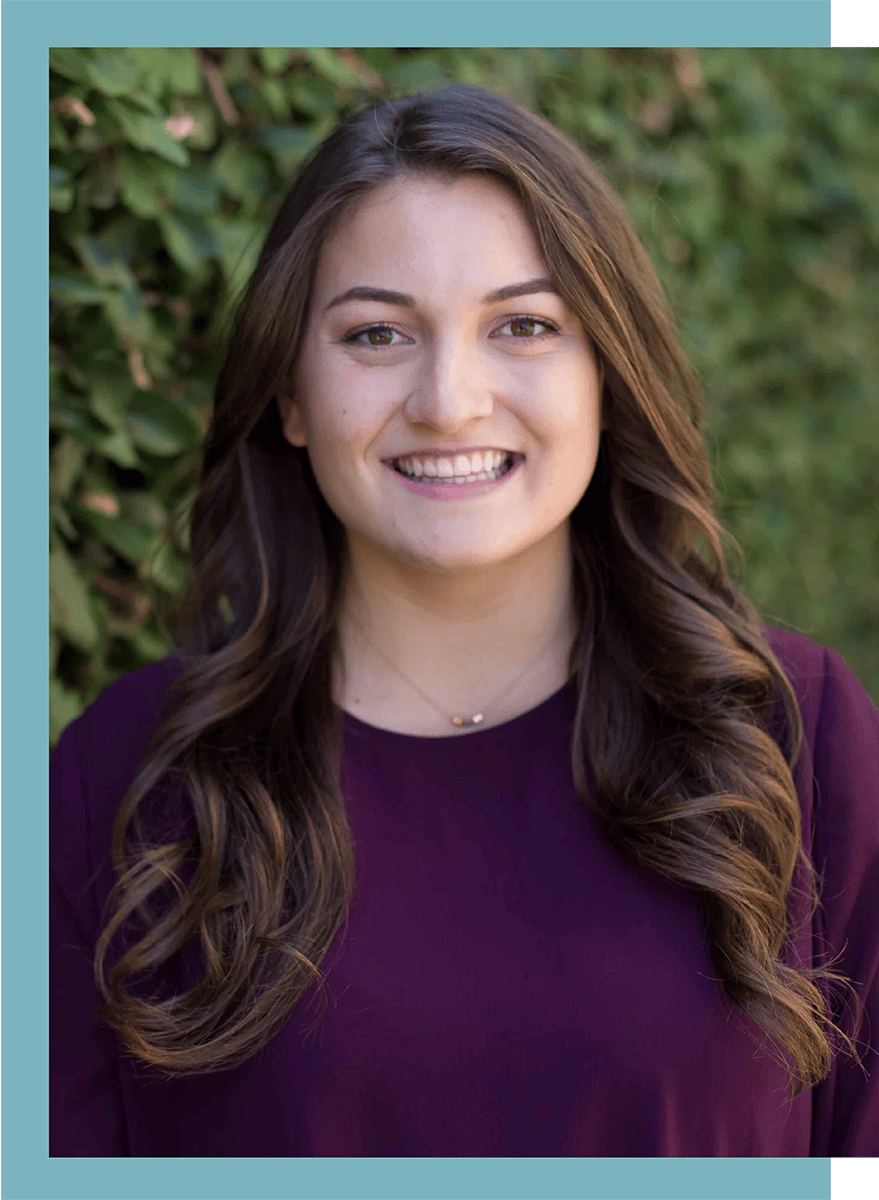Key Takeaway?
- Understanding Neurodiversity: Gaining a comprehensive understanding of neurodiversity, its scope, and its implications for children’s learning and development.
- Neurodiversity-Affirming Practices: Discovering evidence-based, neurodiversity-affirming practices that nurture the strengths of autistic children and support their unique learning needs.
- Inclusion Strategies: Exploring various strategies to create an inclusive environment that celebrates neurodiversity and encourages participation from all children.
- Parent-Teacher Collaboration: Emphasizing the importance of collaboration between parents and educators in supporting neurodiverse children.
- Resources and Support: Learning about the resources and support systems available for neurodiverse children and their families.
Every human possesses a unique set of abilities, making us all vital and intricate threads in the tapestry of life’s beautiful journey. Many exhibit innate differences in their thought processes and behaviors, some falling within the realm of neurodiversity. However, our education and socialization systems predominantly cater to neurotypicality, adhering to a standard of thinking deemed “socially acceptable.” Consequently, countless children experience feelings of anxiety, isolation, and lack of support. To tackle these challenges head-on, we must embrace neurological differences and implement practices that affirm and uplift these children, ensuring they feel acknowledged, listened to, and valued.
What is Neurodiversity?
Neurodiversity is the diversity of thought processes, behavior, and patterns that naturally occur in the human brain. ADHD, Autism, dyslexia, and Tourette’s syndrome are some examples of neurodivergent conditions. These conditions have been stigmatized in our society, leading to a lack of support for children who have them. However, it’s important to recognize that neurodiversity is a natural part of human variation and has its strengths and potential.
How Can We Promote Neurodiversity?
Understanding neurodiversity is the first step. The next critical step is promoting neurodiversity. This involves creating an inclusive environment that celebrates individual differences, implementing effective educational strategies designed for neurodiverse children, and continuously advocating for neurodiversity acceptance in all aspects of life.
The Importance of Neurodiversity-Affirming Practices
Neurodiversity-affirming practices are those that recognize neurodiversity and create a welcoming environment for children who have neurodivergent conditions. These practices aim to empower, value, and support the child’s unique strengths. By embracing these practices, we can create a society where neurodivergent children have equal opportunities and can reach their full potential. Some examples of neurodiversity-affirming practices include Universal Design for Learning (UDL), strength-based assessments, and sensory-friendly environments.
Three Types of Neurodiversity-Affirming Practices
Universal Design for Learning
Universal Design for Learning (UDL) is an educational framework that offers flexibility in how students learn, how they demonstrate their understanding, and how they are assessed. UDL considers individual differences in learners and provides options for engagement, representation, and expression. For instance, a neurodivergent child may benefit from visual aids, prefer verbal instructions, or require a slower pace of learning. By providing options in the learning process, UDL recognizes the uniqueness of each child.
Strength-Based Assessments
Traditional assessments focus on identifying weaknesses and deficiencies in children. However, a strength-based approach focuses on recognizing the child’s individual talents, interests, and abilities. This approach aims to help children build self-esteem and motivation by focusing on their strengths and potential. It also informs the development of educational and therapeutic plans that support the child’s interests and talents.
Sensory-Friendly Environments
Many neurodivergent children experience sensory processing issues, meaning they have different reactions to different sensory stimuli. A sensory-friendly environment takes into consideration these differences and accommodates the child’s sensory needs. For instance, a sensory-friendly environment may include an area where children can retreat if they feel overwhelmed, natural lighting, and materials that cater to different learning styles.
Conclusion: Embracing Neurodiversity in Our Society
Neurodiversity-affirming practices are essential for creating an inclusive and supportive society for all children. By understanding the unique strengths of neurodivergent children and adopting a strength-based approach, we can empower them to reach their full potential. By integrating neurodivergent and neurodiversity-affirming practices into our thought processes, behaviors and actions, we can create a world where every child has a voice; and where all children are celebrated, seen, and valued. By embracing neurodiversity, we can create a brighter future for all children.
Looking for support with implementing neurodiversity-affirming practices with your child?
If you’re the parent of a child on the autism spectrum disorder, we can help. Our neurodiversity affirming therapy is part of our full-service speech therapy services, which help children with autism develop self awareness, self advocacy, and self esteem.
Our treatment is designed to not only treat your little one’s Autism but to also support your whole family. If you’re the type of parent that wants to be involved in the creation of developmental opportunities at home, we’re here to provide you with the information, skills and tools to do so. Neurodiversity affirming care works best when you’re empowered to continue support at home long after your session is over.
Learn more and get started with speech therapy for autism, and explore our blog for more support on embracing the neurodiversity movement. Together we can create a more caring and inclusive world for autistic children to thrive.

SHOLEH SHAHINFAR
M.A. CCC-SLP, RYT
Sholeh Shahinfar is the Founder of Valued Voices, a licensed Speech Language Pathologist, Child Communication Specialist and Certified Oral Motor Therapist. She is passionate about uplifting children’s voices in the world and inspiring self-expression. In her free time, Sholeh embraces a vegan lifestyle, loves going to the ocean, exploring nature with her pup Kobe, practicing yoga, traveling, and spending time with her loved ones.


